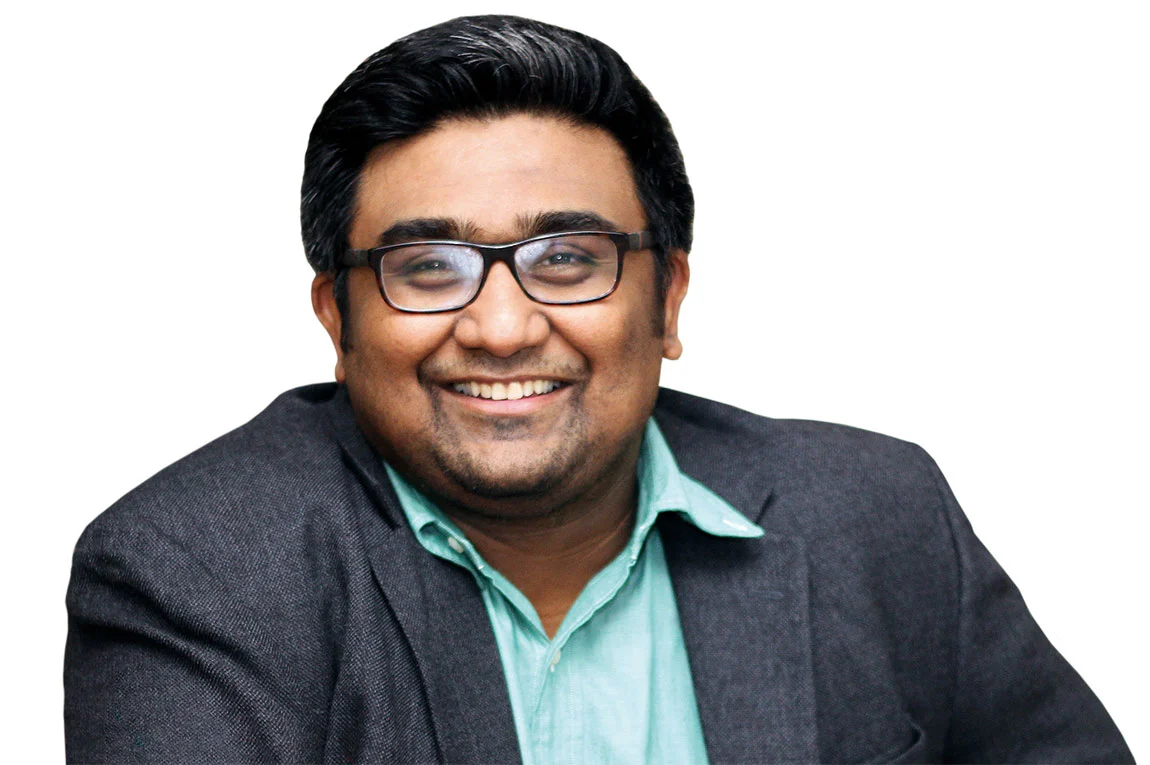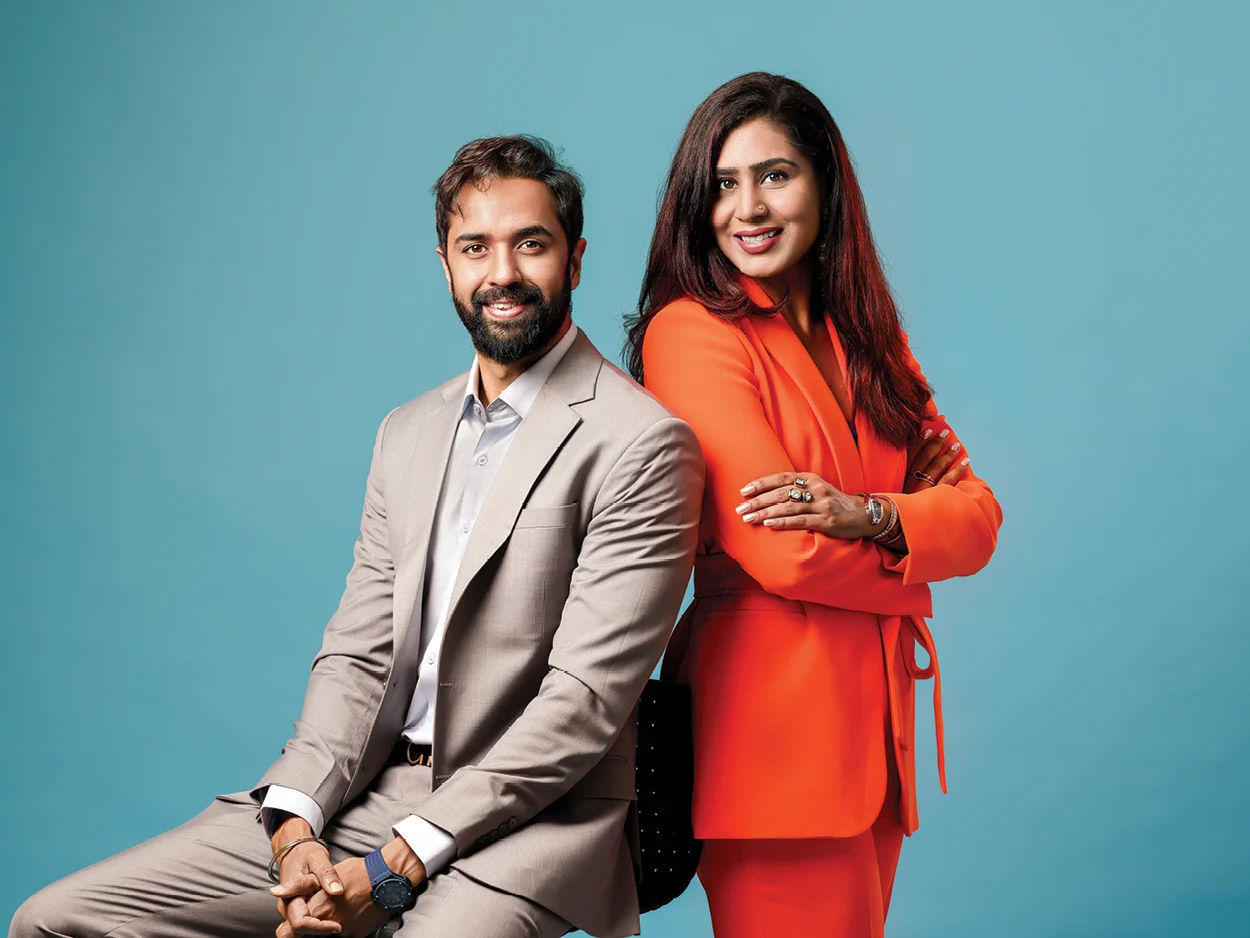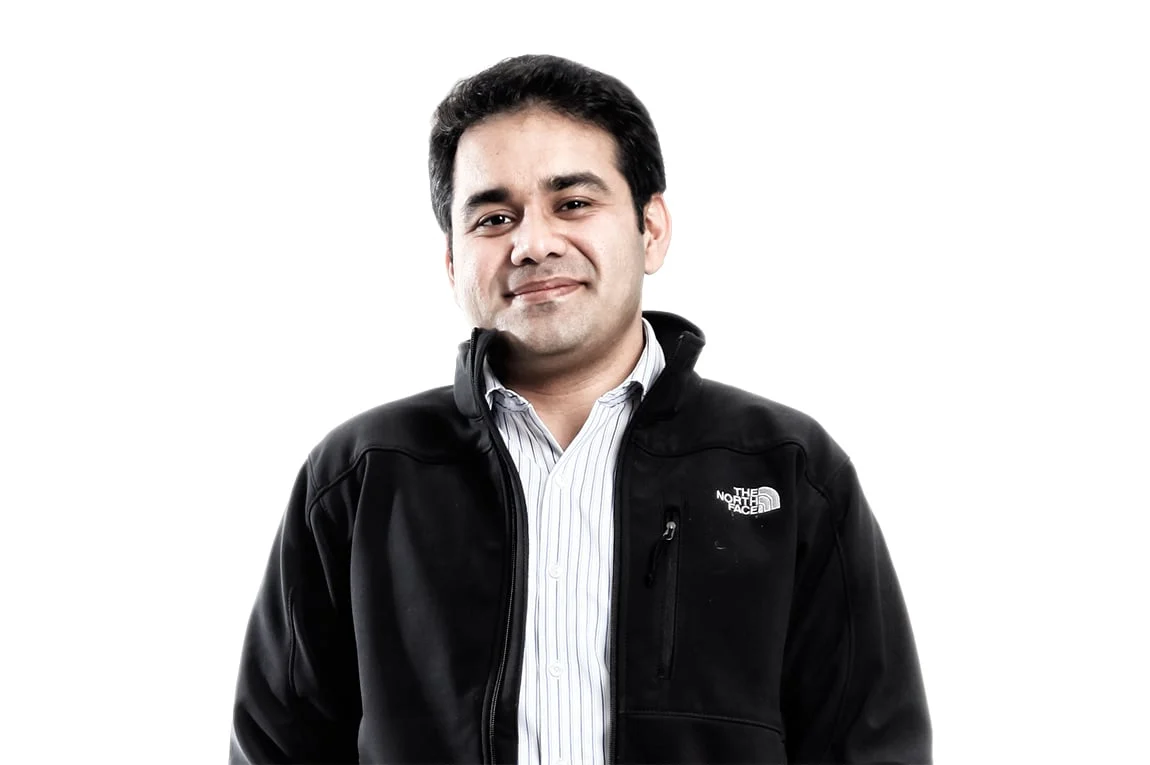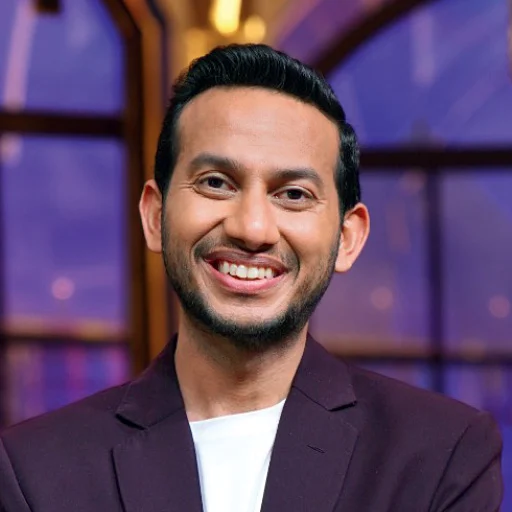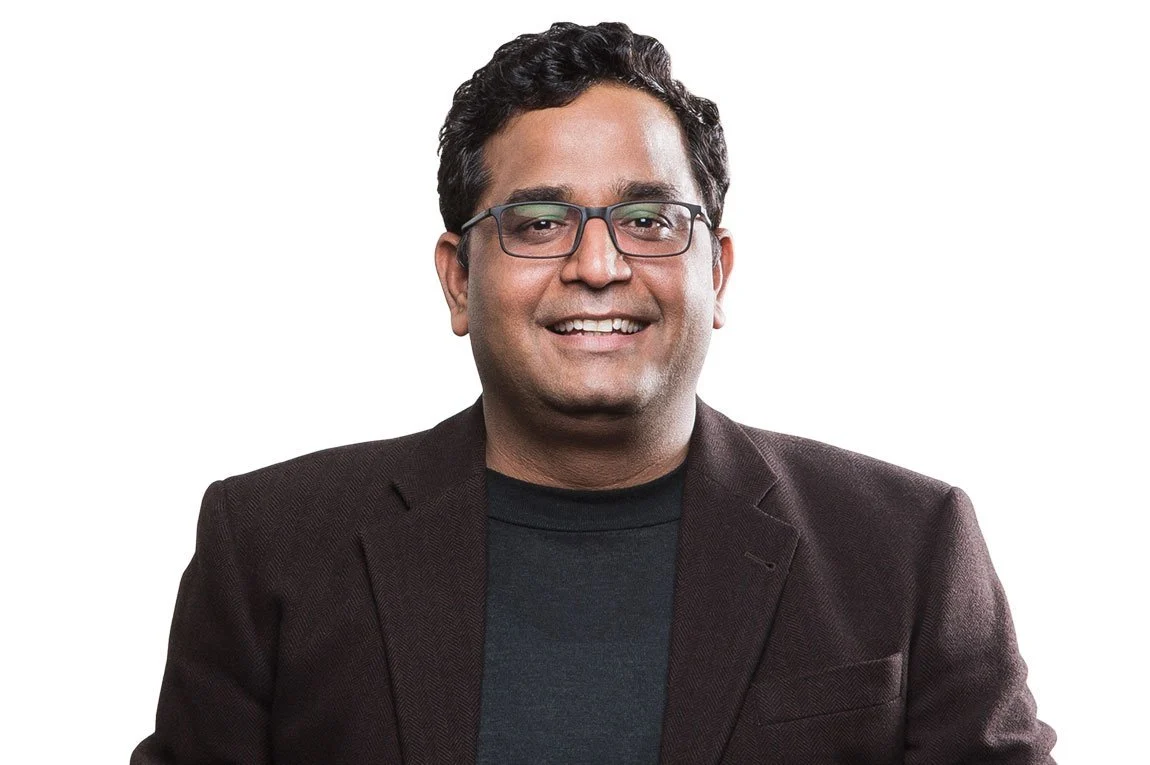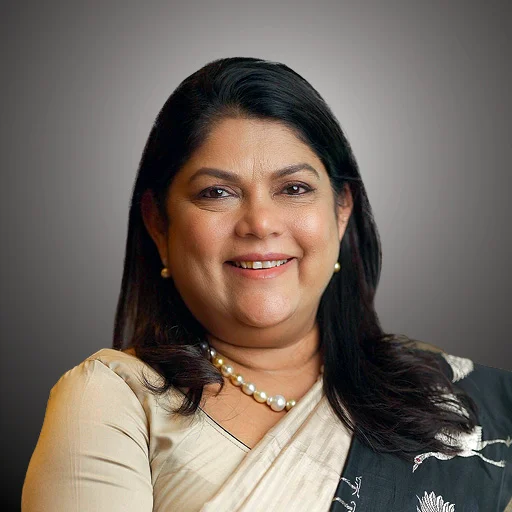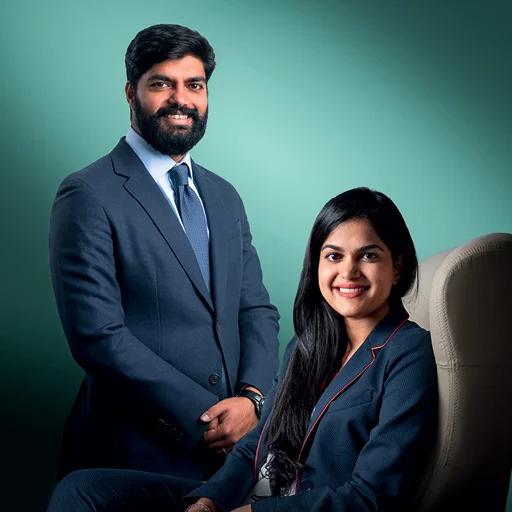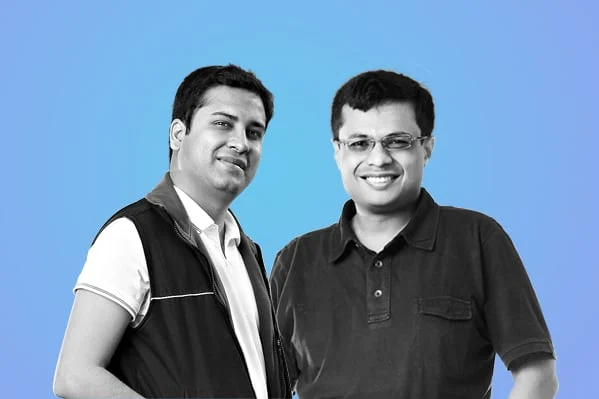Startup founders in India are taking steps to build long-term wealth
Besides direct holdings, founders are increasingly turning to trusts and family offices to build long-term wealth.

This story belongs to the Fortune India Magazine August 2025 issue.
IN 2011, Bengaluru-headquartered mobile advertising firm InMobi made history by becoming India’s first startup unicorn after securing $200-million funding from Japanese investor SoftBank. A year later, in 2012, home-grown e-commerce company Flipkart followed suit.
In May 2018, six years after Flipkart became a unicorn, U.S. multinational Walmart acquired an initial 77% stake in the company for $16 billion, in one of the largest e-commerce deals globally. Of the two co-founders, Sachin Bansal exited completely, selling his 5.5% stake and raking in over $1 billion. Binny Bansal retained a little over 4% initially, but later sold his shares in phases, eventually earning an estimated $1.5 billion.
In 2021, Indian startups scripted history again — Zomato’s ₹9,375-crore IPO marked the first unicorn listing, while Paytm’s ₹18,300-crore issue became the country’s largest, surpassing Coal India’s ₹15,199 crore in 2010. All these reflected strong investor appetite for ventures led by new-age entrepreneurs.
According to a recent report by The Rainmaker Group (TRMG), an investment bank focussed exclusively on the private market, in FY25, Indian startups raised over ₹44,000 crore from the public markets via IPOs, follow-on public offers (FPOs), qualified institutional placements (QIPs), and over ₹20,000 crore in secondary exits for PE/VCs through block and bulk deals. “The public market has become the preferred playground for India’s breakout companies. We’ve now seen the full arc — the IPO frenzy, the valuation winter, and now a clear re-rating driven by fundamentals. This is the age of seasoning. The market is no longer listening to stories, it’s pricing in substance,” says Kashyap Chanchani, managing partner, TRMG.
Public vs private markets
The recent wave of startup IPOs in India highlights how public markets assess new-age businesses, often revealing a stark contrast in pricing compared to the private markets.
“There’s been a decisive shift in the market rewards. Profitability and sustainable unit economics now matter more than rapid top-line growth. Investors, especially institutions, are increasingly asking: when does this business turn cash positive?” says Rajat Tandon, president, Indian Venture and Alternate Capital Association. While a large number of these companies are off their listing highs, their market perception still remains strong irrespective of their financial strengths.
More Stories from this Issue
For instance, companies, including FSN E-Commerce Ventures (Nykaa), Eternal (Zomato), PB Fintech (Policybazaar), One 97 Communications (Paytm) and Swiggy today command a market cap anywhere between ₹62,000 crore and ₹2.16 lakh crore. Others such as Go Digit General Insurance and Delhivery are in the ₹30,000 crore-plus range (as on July 14, 2025). Some like Ola, which in early 2021 saw a valuation of over $7 billion in the private market, has fallen to below $3 billion. These IPOs have minted a new generation of billionaires for India, with startup founders holding their wealth either directly or through family trusts.
Some startup founders have chosen to remain designated as promoters. The most notable among them being Falguni Nayar and family (Nykaa), who along with six family trusts, holds 52.16% stake in FSN E-Commerce Ventures, valued at ₹32,822 crore as on July 14, 2025 (up from ₹31,084 crore at the end of Q1FY26). Similarly, Kamesh Goyal & family collectively holds 73.12% in listed entity Go Digit General Insurance, worth around ₹23,791 crore as on July 14, 2025 (against ₹24,310 crore at the end of Q1FY26).
Others such as Deepinder Goyal and Vijay Shekhar Sharma have opted to be classified under public shareholding (where shares are part of the publicly traded stock and not held solely by promoters). While Goyal’s 3.83% stake in Zomato is valued at ₹10,007 crore, Paytm’s Sharma owns 9.07% in One97 Communications for around ₹5,647 crore (as on July 14, 2025). He also holds an additional 10.24% stake via his Dutch company, the Netherlands-based Resilient Asset Management B.V., acquired from China’s Ant Group via a non-cash share transfer, with the Ant Group still retaining the economic interest in the shares.
Wealth creation, structuring
(INR CR)
While founders’ stakes in listed entities show the wealth held in the public eye, their net worth through investments as angel investors, family offices, trusts or venture companies are creating far greater shadow wealth.
The urge to monetise wealth has grown stronger among promoters and founders in recent years, says Pallavi Bakhru, partner and India-U.K. corridor leader at professional services firm Grant Thornton Bharat. “People don’t just gloat or take solace in valuation these days. Everybody is keen to offload a small part either to private equity, or go for an IPO to create some private wealth for the family outside their businesses.”
Some of the notable startup founders in India, for instance, Paytm’s Sharma, invest in other companies through entities, including VSS Holdings Pvt. Ltd and VSS Investco Pvt. Ltd. Ola founder & CEO Bhavish Aggarwal has made investments in the privately held AI startup, Krutrim, through the BA Family Office. Others like Snapdeal founders Kunal Bahl and Rohit Bansal, and OYO’s Ritesh Agarwal have set up investment firms. Titan Capital founded by Bahl and Bansal in 2015 has invested in over 200 companies to date, including unicorns such as Ola, Mamaearth, and Razorpay. Through B2 Capital Partners and Acevector Ltd, the duo holds nearly 39% in listed Unicommerce Esolutions. Acevector is also the promoter of Snapdeal.
Similarly, Freecharge founders Sandeep Tandon and Kunal Shah set up investment firm Whiteboard Capital in 2016, following Freecharge’s sale to Snapdeal. While Kunal stepped down within a year, Sandeep continues to lead the firm, and has seen partial exits in Cred, Atomberg, and Dealshare. OYO’s Agarwal invests through Aroa Venture Partners, where he also acts as an advisor.
Aided by liquidity and scale, startup founders today are looking to protect long-term wealth and maximise value across ventures, says Kartikeya Prakash, partner, Khaitan & Co. A key trend, he says, is keeping operating entities and long-term assets separate to manage liabilities better, particularly in case of multiple investments or ventures. “With many founders now planning for second citizenship, children’s education, or relocation, there is an increasing use of trusts and cross-border structures, allowing for both control and flexibility,” adds Prakash.
Other reasons such as tax efficiency and regulatory flexibility also act as determining factors. “Founders of SaaS or deep-tech companies may prefer a U.S.-based holdco to access capital and clients, while impact-focussed founders may lean towards Singapore or the Middle East,” says Prakash.
Historically, the trust structure has been a preferred vehicle for investment, given its flexibility, both in terms of governance and tax benefits. But with the increase in family offices, more structured options for governance of family trusts have evolved.
“A private trust company [PTC] set up to govern the family office trust has become significantly popular,” notes Ashwini Vittalachar, partner, Samvad Partners. A separate legal entity, having a PTC as trustee offers significant benefits — including ring-fencing potential liabilities that may arise for breach of fiduciary duties as a trustee, and flexibility to onboard independent professional managers for management of the trust (as employees of the PTC), with family members having overall control over the operations of the trust in their capacity as shareholders.
“In addition to tax optimisation, another reason for choosing a trust structure could also be due to family offices in India being predominantly a single-family office, with significant focus on the domestic private market in recent times,” she adds.
